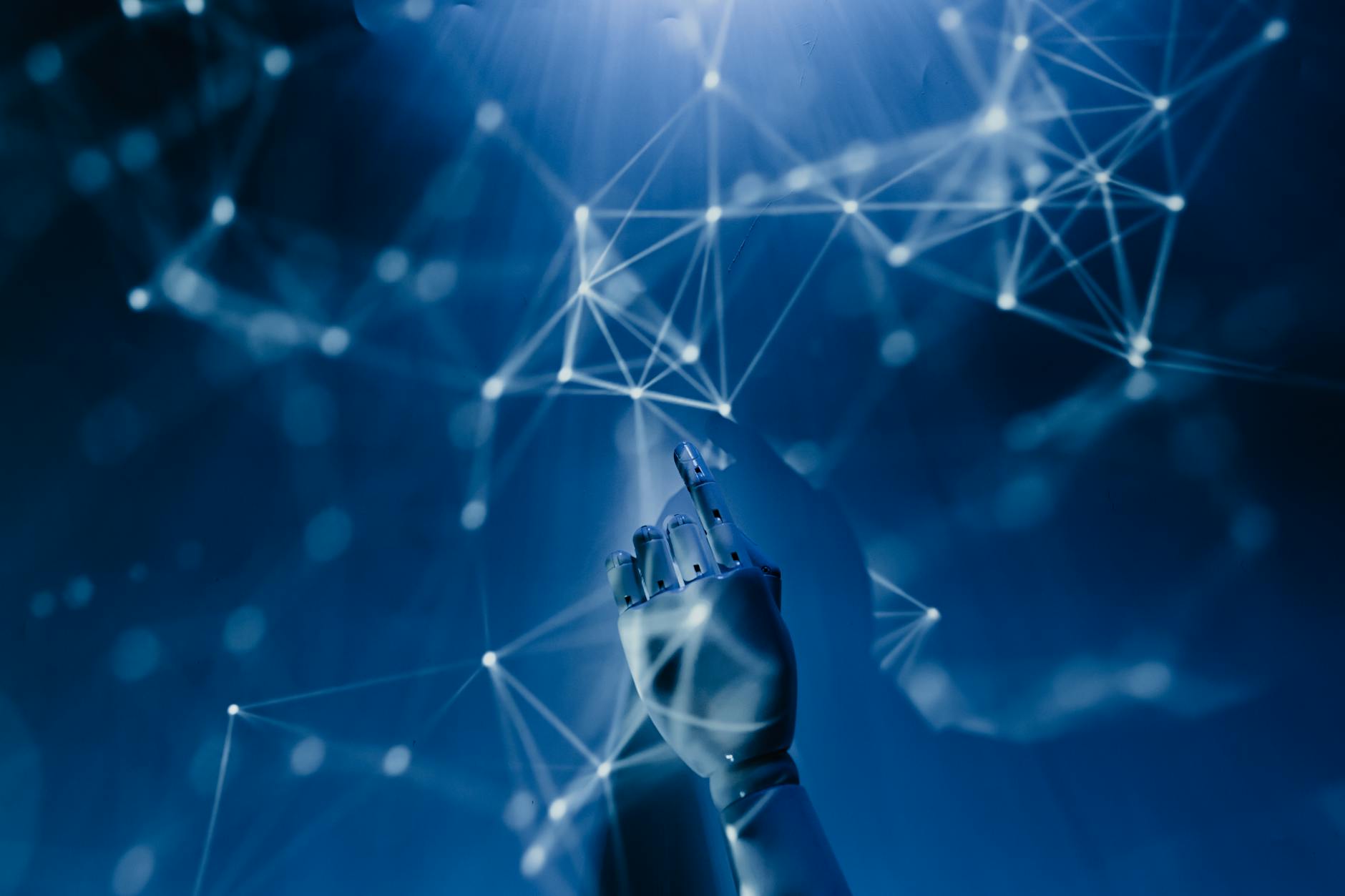
AI for Immortality: The Future of Living Forever (Or at Least Trying To)
Picture this: It’s 2123, and your great-great-grandchildren are chatting with a perfect digital replica of you at Christmas dinner. Not as a hologram or creepy robot, but as an AI-powered version that remembers their birthdays, tells your signature dad jokes, and even argues politics exactly like you would. Sounds like sci-fi? Think again. The race to use AI for immortality is already underway – and some of the smartest minds on Earth believe it’s not a question of “if” but “when.”
What Does “AI for Immortality” Actually Mean?
When we talk about AI enabling immortality, we’re not suggesting some magical fountain of youth (though if you’ve found one, my DMs are open). Instead, researchers are exploring three main pathways where artificial intelligence could let us cheat death:
- Biological Longevity: AI analyzing our DNA to reverse aging at the cellular level
- Digital Avatars: AI replicas that learn to think and speak like us
- Mind Uploading: The controversial idea of transferring human consciousness into machines
The Science Behind AI and Life Extension
I first got hooked on this topic after interviewing a biotech CEO who casually mentioned his team’s AI had discovered 23 new anti-aging compounds in six weeks – something that would take human researchers decades. That’s when I realized we’re not just prolonging life; we’re reinventing what aging means.
Companies like Altos Labs (backed by Jeff Bezos) are using machine learning to analyze cellular reprogramming, while startups like Deep Longevity create “aging clocks” that predict your biological age better than any mirror. The most exciting part? Many of these technologies already exist in labs today.
2025 Trends in AI-Driven Immortality
While we’re still far from the Black Mirror scenarios, here’s what’s coming sooner than you think:
| Technology | Current Status | 2025 Projection |
|---|---|---|
| AI-Powered Drug Discovery | Identifying longevity compounds | First FDA-approved AI-discovered anti-aging drugs |
| Digital Legacy Bots | Basic chatbot memorials | Interactive avatars trained on your voice/social media |
| Neural Preservation | Cryonics only | First attempts at whole-brain nanoscale mapping |
Why Your Instagram Posts Might Outlive You
Here’s a wild thought: Your social media footprint could become training data for your digital afterlife. Companies like HereAfter AI already create basic memorial bots, but future versions might analyze your:
- Text messages to mimic your speech patterns
- Photos to recreate your mannerisms
- Spotify playlists to guess what music you’d like in 2050
Personally, I find this equal parts fascinating and terrifying. My future AI clone would definitely need therapy after seeing my 2012 Twitter feed.
The Ethical Maze of Digital Immortality
Now let’s address the elephant in the server room: Just because we can do this, should we? During a recent tech ethics panel, a philosopher dropped this bombshell: “Creating AI versions of dead people might be the most sophisticated form of grief avoidance humans have ever invented.”
The big questions we’re grappling with:
- Who owns the rights to a digital version of you?
- Could AI “ghosts” prevent survivors from moving on?
- What happens when your AI self says something you never would?
My Weirdest Experience With Immortality Tech
Last year, I tested a service that created a basic AI clone after just 30 minutes of my voice recordings. The result? A disturbingly accurate simulation that:
- Nailed my sarcastic humor
- Remembered obscure facts about my life
- Also invented a completely fake story about me meeting Bono in Dublin
This proved both how advanced the tech is…and how far we have to go.
FAQs About AI and Immortality
Can AI really make humans immortal?
Not in the “live forever” sense yet. Current research focuses on extreme longevity extension and digital preservation of consciousness.
How much does AI immortality cost?
Basic digital legacy services start around $50/month. Full cryonics preservation runs $200K+. Biological life extension varies wildly.
Will my AI clone have legal rights?
This remains completely uncharted legal territory. Current consensus? Your digital copy would be treated like software, not a legal person.
What’s the creepiest immortality tech you’ve seen?
A startup offering to turn cremated ashes into diamonds…with an embedded AI chip that tells stories about the deceased. Beautiful or Black Mirror? You decide.
The Bottom Line: Should You Bet on Digital Afterlife?
After five years covering this space, here’s my take: AI immortality tech will become mainstream within our lifetimes, but not in the ways we expect. The real value isn’t living forever – it’s preserving wisdom, relationships, and human experiences in ways that benefit future generations.
Want to future-proof your legacy? Start small:
- Back up your digital memories (yes, even the cringy ones)
- Consider writing an “AI training guide” about your values
- Stay informed as the technology evolves
The quest to cheat death might be ancient, but AI is writing a whole new chapter. Whether that ends as tragedy, comedy, or something in between…well, stick around and we’ll find out together.


